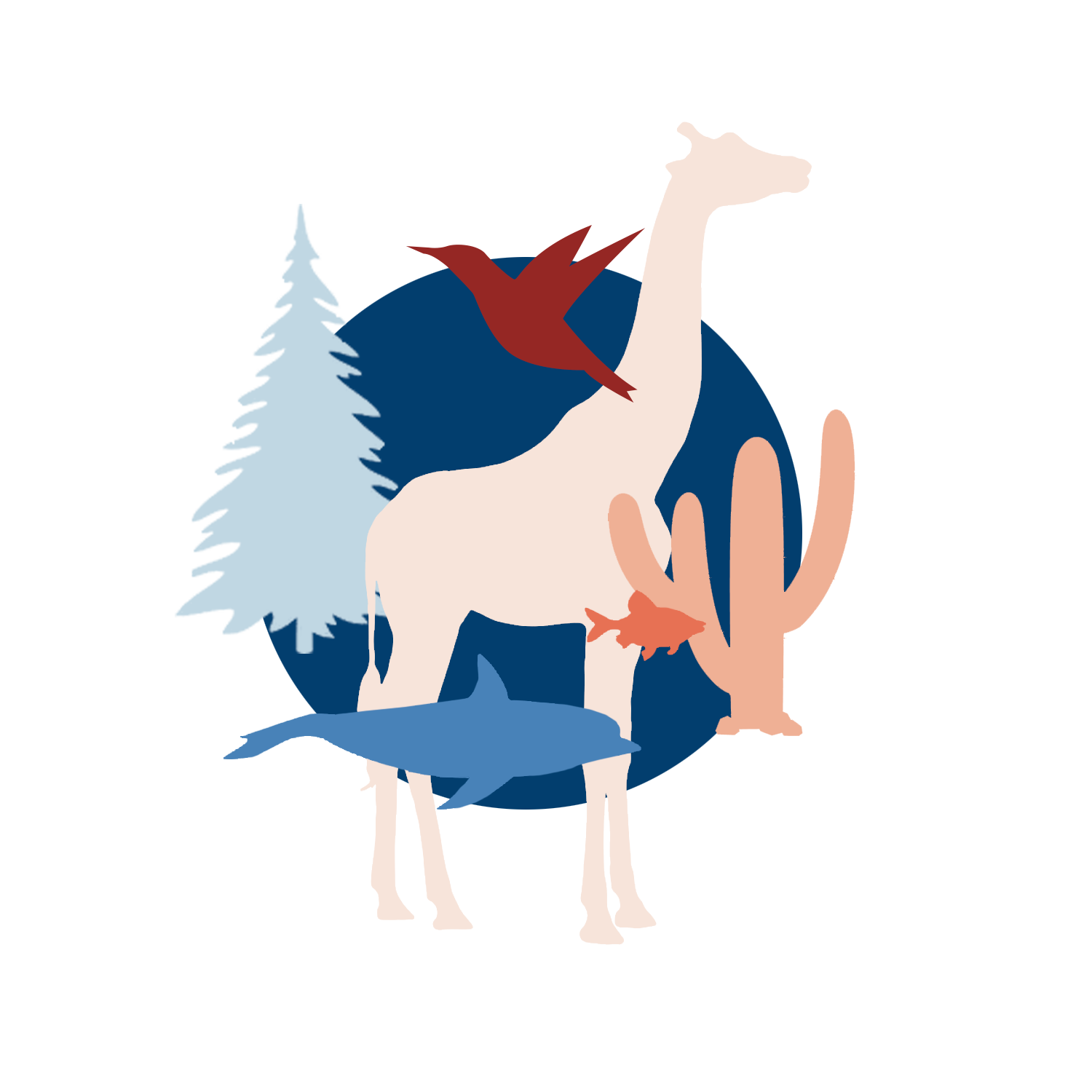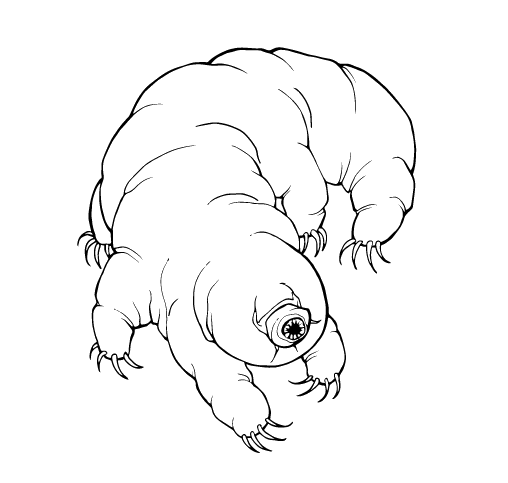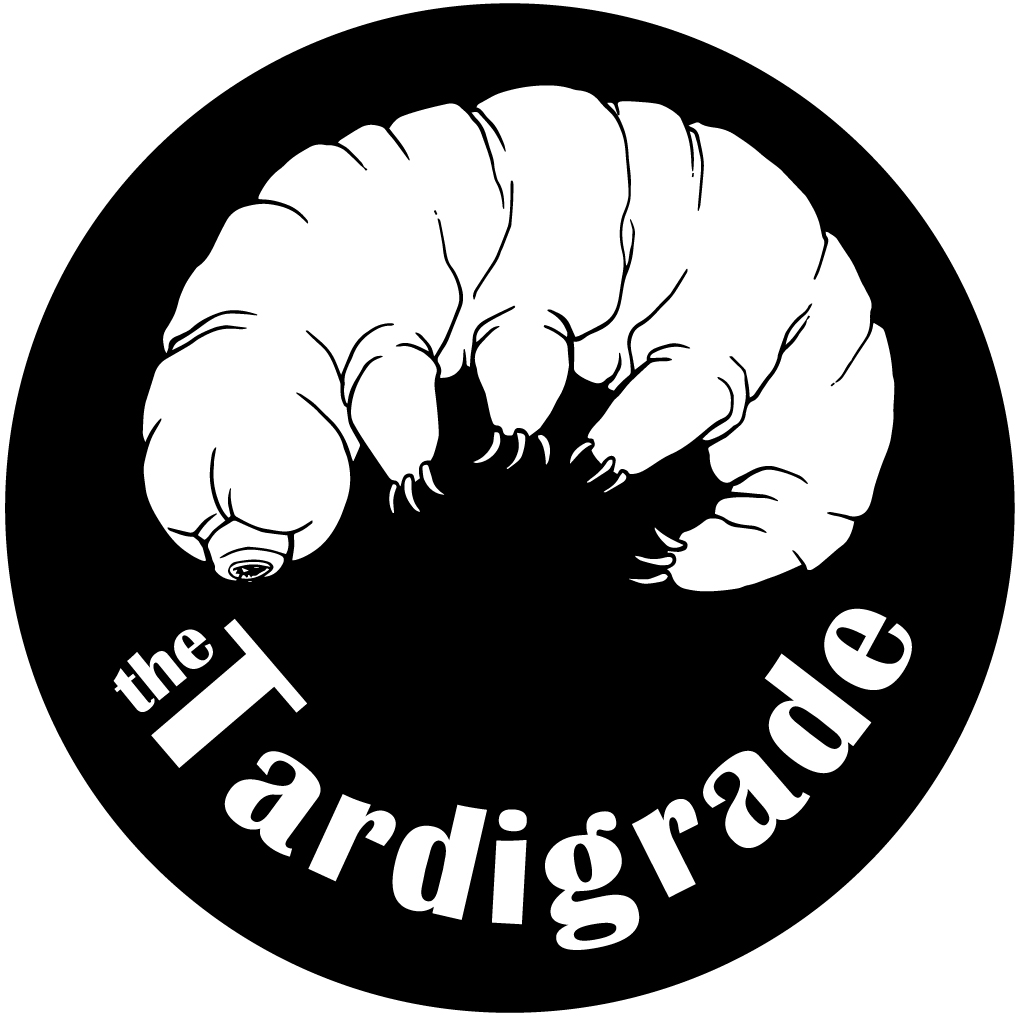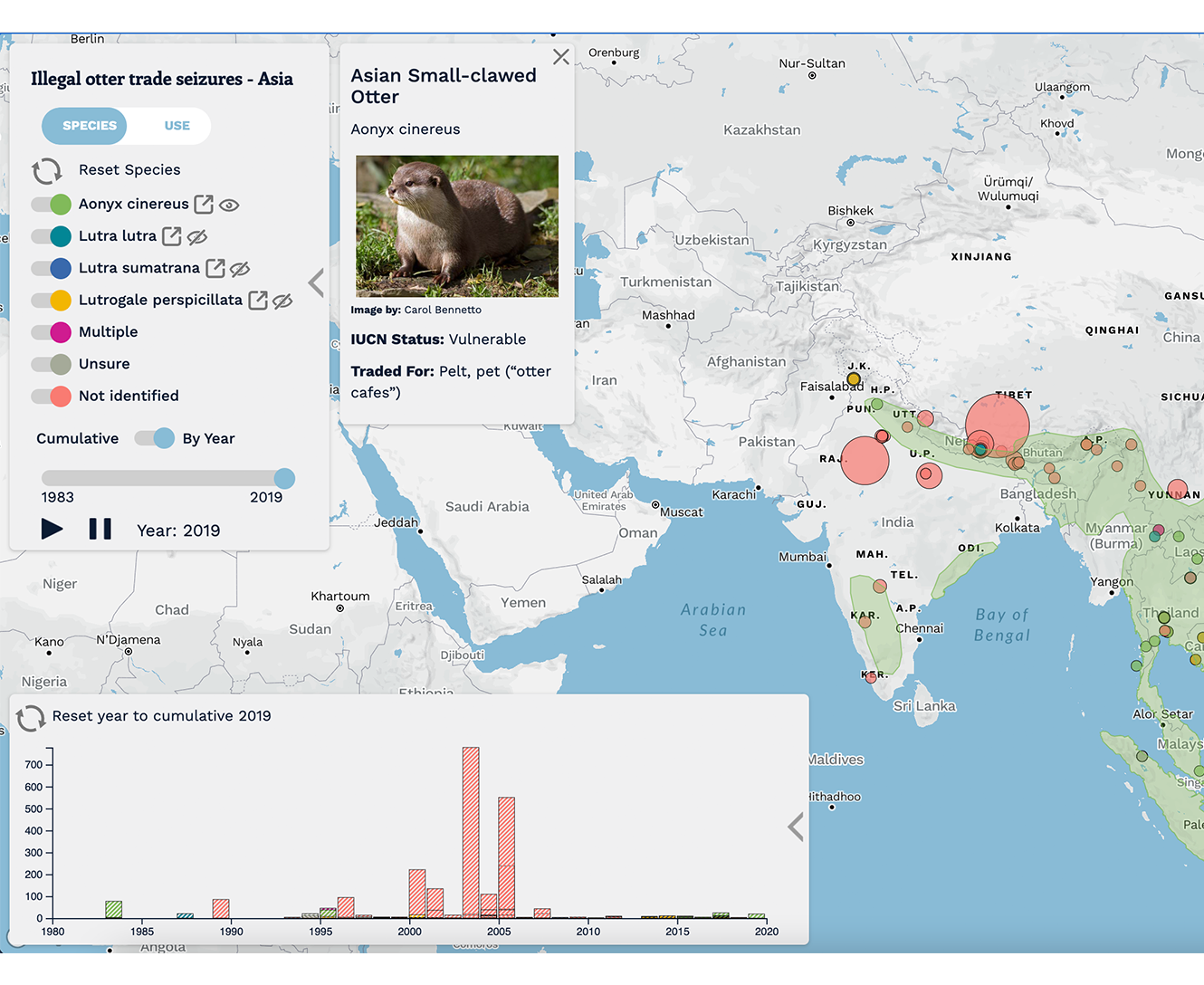The Tardigrade
Recent trends for our planet and its many species have been bleak. Oceans are being overfished and are filled with plastic, we are losing about 20 million acres of forests each year, and many species are being traded towards extinction.
In times like these, even the resilient insects are taking a toll. Tardigrades - also known as water bears and moss piglets - are the toughest animals on earth, being able to survive some of the most extreme environments, including vacuum! They represent a sense of hope in the face of the biodiversity crisis.
The Tardigrade is a platform that explores various groups of organisms and tells their stories based on scientific facts in a visually pleasing way, incorporating data visualizations and scientific illustrations. The purpose is to inspire people by exposing the diversity in nature, to raise awareness for these organisms before it is too late, to let people know how they can contribute in the face of the biodiversity crisis.
Motivation

One million species are at risk of extinction
We have been losing biodiversity at a fast rate over the past 50 years, and it will likely take millions of years for Earth to recover from this Biodiversity Crisis.
Even insects, which are organisms we usually think of as resilient, are being negatively affected on a large scale. One study showed that 40 percent of insect species are in decline, known as the Insect Apocalypse.

Illegal Wildlife Trade is decimating species
The world is dealing with an unprecedented spike in illegal wildlife trade. With the advent of the Internet opening up new doors for trade.
Over 1 million pangolins have been poached over the past decade, over 70 millions sharks are killed a year for their fins, and African Gray Parrots are being decimated in the wild due to the pet trade.

Ecosystem Collapse
Deforestation is occurring at an unprecedented rate due to conversion to agriculture such as palm oil and soy, or for other purposes such as logging and mining. Forests are essential for mitigating global warming and are homes to many species.
The oceans are in an even more dire situation, with 60% of fisheries fully-fished and 33% overfished. Some shark populations have declined over 90% over the past decades. Plastic is killing 100000 marine mammals and turtles and 1 million seabirds annually.
All contributors

Julia Janicki
Data Journalist, Data Visualization Designer / Developer, Conservation Biologist / Entomologist

Jacki Whisenant
Scientific Illustrator, Entomologist, Artist

Daisy Chung
Science visual communicator, Illustrator, Graphics journalist

Sylvia Janicki
Landscape Architect, Designer

Gwen Whitney
Sailing Captain, Artist






